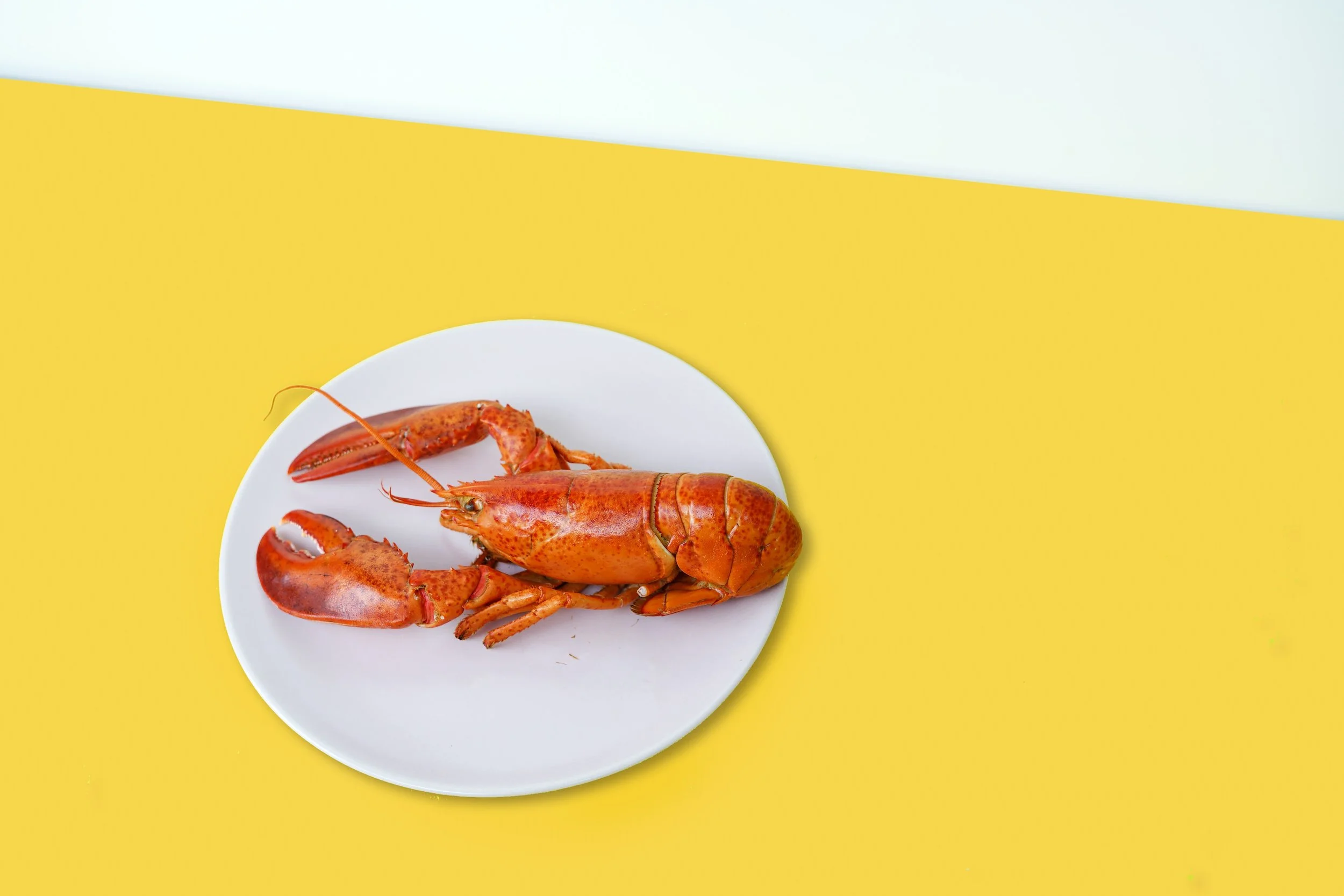Some Thoughts On Sex and Acting

I realised that for me, both are liberating for the same reason. I wouldn’t say that ‘to perform’ means ‘to fake’ or ‘to pretend to be another’. When I think of acting, singing, story-telling of any kind – I think of what I told a young man after we had been to the cinema together, and were strolling down the purple-hued evening lights of Piccadilly.
‘As a child, I was so insecure in my own person. So afraid to be the person that I felt I was, in case people rejected me for it. Over time, I built up this impenetrable fortress, like a thick wall of ice between me and the world – except, really, it was more like a wall between me and myself. I was eternally full of scorn, which is not to say that I am not still – but only when necessary, and not so much towards my own person. The hardness, the implacable self-mastery I grasped for safety helped cover the longing I felt to be understood, to feel a simple, tender communion with another who would just accept me as I was, be they friend or lover. Perhaps for this reason, in some way, my closest friends feel like my lovers, even when we’ve never seen each other naked. That is intimacy for me – total safety. Enough safety to let go. Not so easy to find, not so easy to seize.
‘Anyway, the fortress remained, for years and years. And I always really hated having to do drama at school, because I couldn’t stand to let any of that fortress go. Couldn’t bear to see any one stone eased out of place to let a finger of light push through. But secretly, I longed to do it. I longed to be on stage. I longed to let go, and to be myself, and have a light shine on me as I did so. I longed to commune, and I longed to have someone to commune with. I longed to have a lover, and I longed to be a lover, just like I longed to be an actress and a singer on the stage.
‘And so when, as a teenager, I slowly learned to let go, I started acting in school plays more and more. I even won lead roles. And then, on stage, I dazzled.
‘When I can do it, when I can reach that place, when I feel safe and brave enough to take the risks, I know I am acting well, because I’m channelling all the things that I already have in me, feelings and experiences etched into my body, that normally, in day-to-day life, I can’t fully express. That catharsis. For me, being on stage feels more like being myself, not less.’
(I didn’t actually tell him all of that. Just the last sentence.)
‘More like myself’? That sounds as if, in my day-to-day life, I am pretending. Why the dichotomy? Are our own characters Procrustean, monolithic, little white stones that fit into this groove or that crevice? I don’t feel that in myself. I feel I am a whole person, but that person is far too complicated to be expressed over coffee, or at my desk or in the classroom or the staffroom, in the wonderful but limiting everyday.
What is it like? When I’m on stage and I find that place, everything is one hundred per cent, instead of seventy, eighty or ninety-five per cent. On a really good night, it hits one thousand per cent. It’s not that I am playing myself on stage, I could be playing anyone – I’ve felt this way when playing someone stricken with grief, I’ve felt this way when playing a countess in love with a woman pretending to be a man, I’ve felt this as an upper-class Absurdist caricature, or a secretary-turned-Broadway-star-and-house-wrecker, I’ve felt it as a male sailor who pretends to drown himself for public entertainment. I’ve been a lot of people, and always as some form of myself. I think that’s what makes acting amazing, and so endlessly fascinating. Watching brilliant acting can be like drinking an amazing wine, or listening to an amazing voice sing, taking part in an amazing conversation. I use that word with purpose – it is amazement, wonder and excitement that I experience when I am on stage in that heightened, breath-held space, this close to a room full of people, this close to another actor on stage, this close to all these emotions, and I take all of that into my hand and hold it and push it this way, that way, grip harder, softer, let it slip and turn and tumble away, reach for it again. Someone once told me that I hold the audience in the palm of my hand. To be that close, and to let yourself, also, be held and taken, is an act of such intimacy, and such deep, thrilling, peaceful pleasure.
And so is good sex. Listening, listening to the body, listening to the bodies. Communicating, concentrating, easing, teasing, soaking up and pushing through, channelling and radiating out. It is not that you assume the behaviour, voice, facial expressions and touch of a person who is not you. It isn’t that you become another person to prove something to yourself or to the other(s). It’s that – for me, at least – for a moment of absolute safety, you become someone else who is also you, but a you that is normally hidden when you’re at the café, in the staffroom, on the bus. A you that normally sits quiet, present and alive, but silent, smile curling its lips perhaps, but keeping quiet for now. It’s that moment when that you takes to the stage at last, casts its gaze across the room, strides into the circle of light and owns its place there, holds its place there, knows its place there. Holds the gaze of those it communes with and turns itself on, snap of the fingers, turn of the hips, twist of the toe, one hundred per cent, here we go.
Those are my thoughts at the present moment. As the days keep coming, more thoughts ease into place.
Mariella Hudson is a travelling writer of international origins. You can read more of her work on her blog, Strange Wild Birds. Mariella is currently researching for a podcast that explores the gaps in sexual education by recording and discussing the personal experiences of people from around the world. To get involved with the podcast, take her survey on Twitter via @mariella_hudson





